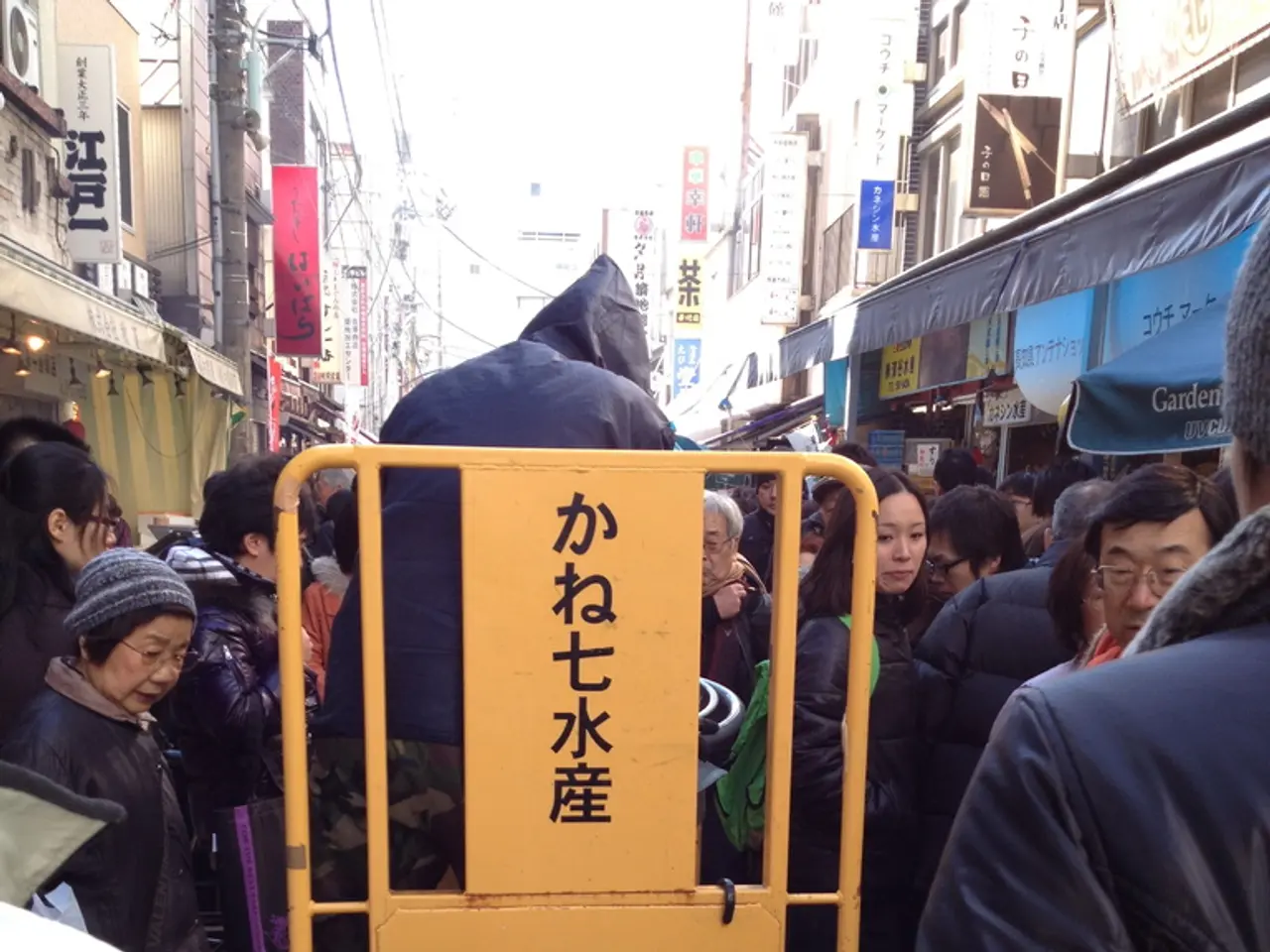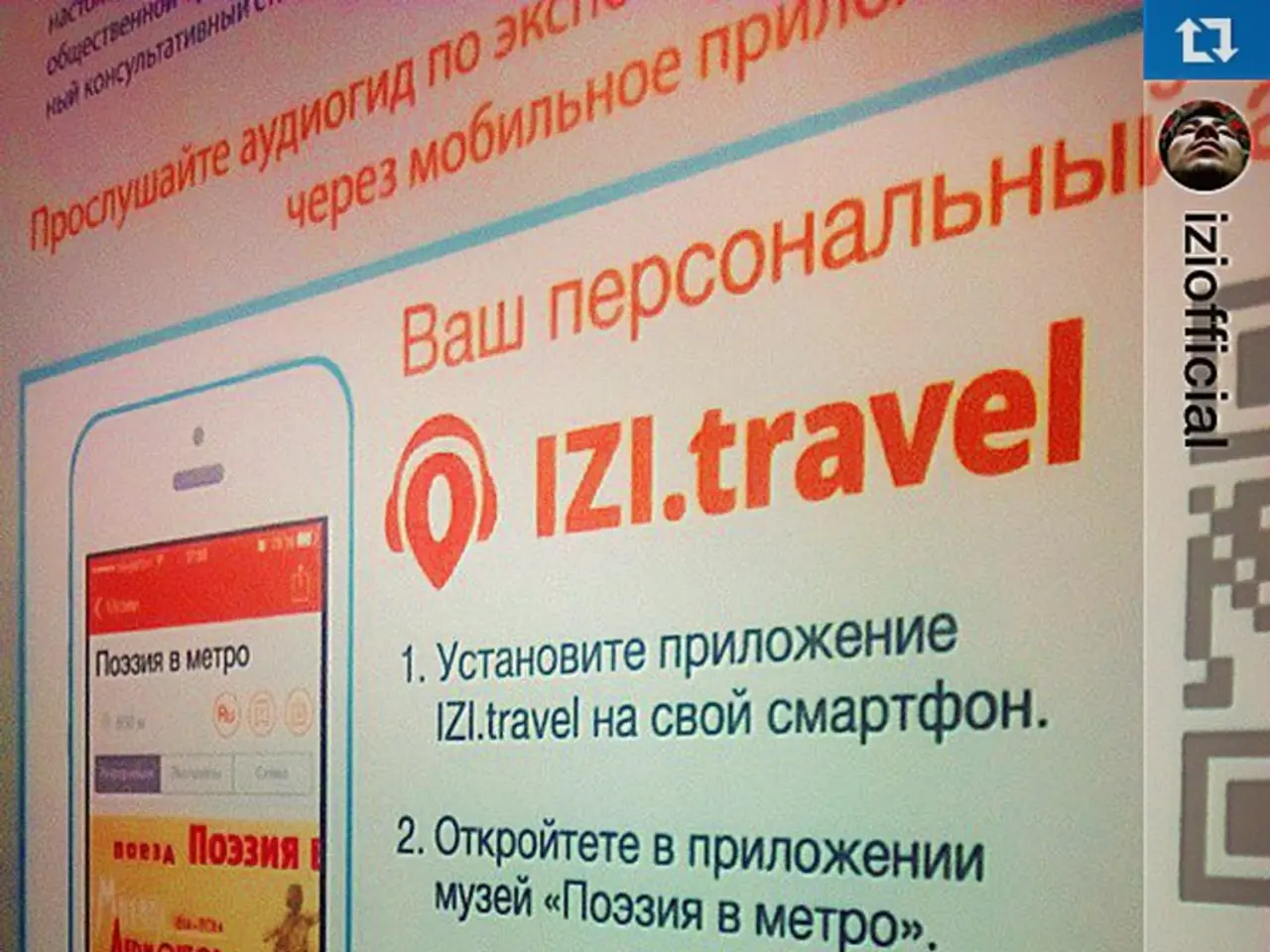Foreigners in Switzerland grappling with challenges in swimming, healthcare, and wages during the summer season
In Switzerland, foreign employees, including expatriates and immigrants, generally earn less than their Swiss counterparts, reflecting a wage gap similar to that observed in other European countries. This wage disparity, however, remains a topic of ongoing discussion, with no concrete data indicating a significant narrowing or widening of the gap since 2022.
Immigrants in Europe, including Switzerland, tend to earn on average about 18% less than native workers. This wage gap is largely explained by job access rather than wage discrimination within the same roles. Foreigners often lack access to higher-paying jobs, even when overqualified, which contributes significantly to the wage gap [1].
Switzerland offers high wages overall, attracting expatriates who often earn more than in their home countries but face a high cost of living, including expensive housing and mandatory health insurance [3]. The wage gap between foreign and Swiss workers is greatest between men, with Swiss men earning 18 percent more on average.
Recent trends in the Swiss labour market have been shaped by various policies and agreements. For instance, the treaty concluded between Bern and Brussels in December 2024 modifies the Agreement on the Free Movement of Persons (AFMP) [2]. Additionally, there have been proposals to levy a tax on foreign motorists transiting through Switzerland to prevent traffic jams at key roads such as the Gotthard tunnel.
Despite these changes, the wage gap persists. Since 2022, salaries have increased by 5.5 percent for Swiss employees, but only by 4.1 percent for foreigners [5]. This discrepancy was found regardless of the permit category.
The profile of immigrants in Switzerland has evolved over the years. A study analysed data containing millions of entries from censuses, population registers, and Switzerland's central migration information system to find out how the profile of immigrants has changed. The study found that most immigrants come to Switzerland for education or career opportunities, but half leave the country after 5 to 10 years [6].
In some regions, local authorities have taken measures to restrict the use of public facilities by foreigners. For example, the municipal council of Porrentruy (Jura) banned groups of young people from neighbouring France from visiting a public pool until August 31st. Only Swiss citizens, those with permanent residency, and people with a valid Swiss work permit are allowed to use the pool during this time [7].
The public perception of immigrants is influenced by an outdated image from the 1990s, when numerous asylum seekers from the Balkans came to Switzerland. However, the reality of the current immigrant population is more complex, with many coming for education or career opportunities [8].
In conclusion, while the wage gap between foreign and Swiss workers persists in Switzerland, the reasons for this disparity are multifaceted. Job access and public perception play significant roles, and ongoing efforts are needed to address these issues and promote fairness in the labour market.
References:
[1] OECD Employment Outlook 2025 [2] Swiss Federal Council (2024) [3] Swiss Federal Statistical Office (2022) [4] Swiss Federal Office for Migration (2025) [5] Swiss Federal Statistical Office (2023) [6] Swiss National Science Foundation (2023) [7] Porrentruy Municipal Council (2023) [8] Swiss Broadcasting Corporation (2023)
Sports, such as football and skiing, are popular leisure activities for both Swiss citizens and foreign residents in Switzerland. However, the high cost of living, including expensive sport facilities and equipment, may serve as a barrier for some foreigners, contributing to inequality in sports participation.
Foreign students in Switzerland, who often come for education opportunities, may struggle to balance academics with part-time jobs in sports industries, as they contend with the wage gap and limited job access. This disparity could potentially impact the development of future Swiss sports talents from diverse backgrounds.








